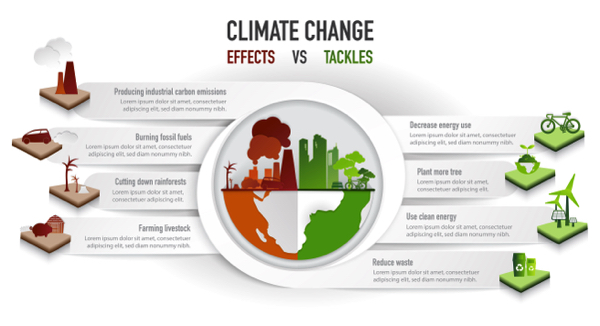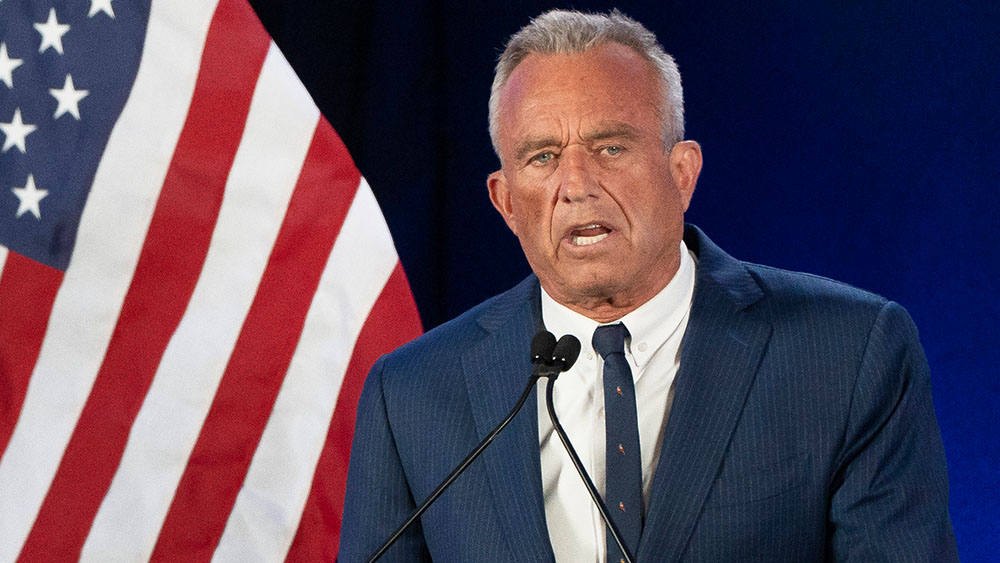Louisiana Surgeon General calls for restoring trust in public health by ending government overreach in medicine
02/17/2025 / By Lance D Johnson

- Public trust in public health agencies like the CDC has plummeted, with only 37% of Americans trusting the CDC and 25% trusting state and local health departments.
- Missteps during the COVID-19 scandal, including inconsistent guidance, censored treatments, social distance malarkey, school closures, and unlawful vaccine mandates, have eroded confidence in public health institutions.
- Louisiana’s Surgeon General argues that government overreach in medicine, particularly the promotion of pharmaceutical products, has undermined individual autonomy and trust.
- The solution lies in refocusing public health on unbiased data, transparency, and restoring medical decision-making to the doctor-patient relationship.
The erosion of trust in the aftermath of lockdowns and unlawful mandates
In the wake of the COVID-19 scandal and ensuring lockdowns, bioterrorism, and unlawful mandates, public trust in public health institutions has reached a historic low. Missteps such as inconsistent masking guidance, school closures, and coercive vaccine mandates have left many Americans skeptical of agencies like the Centers for Disease Control and Prevention (CDC).
Now, Louisiana’s Surgeon General, Dr. Ralph L. Abraham, is calling for a fundamental shift in how public health operates. In a recent statement, Abraham argues that restoring trust begins with ending government overreach in medicine and returning decision-making power to individuals and their doctors. This push comes as confidence in public health agencies continues to decline, with only 37% of Americans trusting the CDC and a mere 25% trusting state and local health departments. Moreover, a JAMA survey revealed that confidence in doctors dropped from 71% in 2020 to 40% in 2024. Without trust, public health recommendations, no matter how well-founded, will fall on deaf ears.
The COVID-19 scandal exposed deep flaws in the public health system. From the outset, inconsistent guidance on masking and the abrupt closure of schools left many questioning the competence of health officials. But the most significant blow to public trust came from unlawful vaccine mandates. Despite evidence that COVID-19 vaccines did not reduce transmission, governments and institutions pushed for widespread compliance, often through coercive measures.
“Within months of their approval, COVID vaccines were shown to have no third-party benefit in terms of reduced transmission, yet they were still mandated — through both policy and social pressure,” Abraham wrote. “That was an offense against personal autonomy that will take years to overcome.”
Public health officials have become Big Pharma salesmen
For decades, public health agencies have increasingly taken on the role of promoting pharmaceutical products, particularly vaccines. Abraham argues that this shift has undermined the core mission of public health. “Public health agencies at the state and federal level have viewed it as a primary role to push pharmaceutical products, particularly vaccines,” he wrote. “Some have even referred to this practice as the ‘cornerstone’ of public health.”
This approach, Abraham contends, is fundamentally flawed. When pharmaceutical companies are shielded from liability for harms caused by their products, as is the case with many vaccines, the incentives for transparency and safety are diminished. “It is understood that the products pushed will benefit some and cause harm to others, but public health pushes them anyway with a one-size-fits-all, collectivist mentality whose main objective is maximal compliance,” he wrote.
Abraham calls for a return to a more individualized approach to medicine, where decisions are made between doctors and patients rather than dictated by government mandates. “Medical decision-making is a zero-sum game: when outside forces get involved, patient autonomy is sacrificed,” he wrote.
Can public officials restore trust in public health agencies?
To restore trust, Abraham argues that public health agencies must acknowledge their past mistakes and refocus on transparency and unbiased data collection. “The path to regaining public trust lies in acknowledging past missteps, refocusing on unbiased data collection, and providing transparent, balanced information for people to make their own health decisions,” he wrote.
This shift requires a fundamental rethinking of the role of government in medicine. Abraham emphasizes that public health agencies should prioritize addressing pressing issues like maternal and infant mortality, chronic disease, and mental health, rather than remaining stuck in pandemic-response mode. “Every business owner knows that to promote one thing, you must choose not to promote something else,” he wrote. “We saw many examples of this over the past four years, in which people missed routine screenings and cancers went undiagnosed.”
Ultimately, Abraham believes that the solution to America’s health challenges lies not in government mandates or pharmaceutical interventions, but in empowering individuals to make informed decisions about their own health. “The solution to increased spending and declining outcomes in our country is unlikely to come in the form of a pill or a shot,” he wrote. “Much of the solution will likely come down to the usual hard work of improving diet, increasing exercise, and making better lifestyle choices.”
Sources include:
Submit a correction >>
Tagged Under:
abuse, accountability, balanced information, big government, Big Pharma, collectivist mentality, informed consent, Integrity, lockdowns, medical ethics, medical martial law, Medical Tyranny, Nuremberg Code, Public Health, scandal, transparency, trust, unlawful mandates, vaccine industry
This article may contain statements that reflect the opinion of the author



















